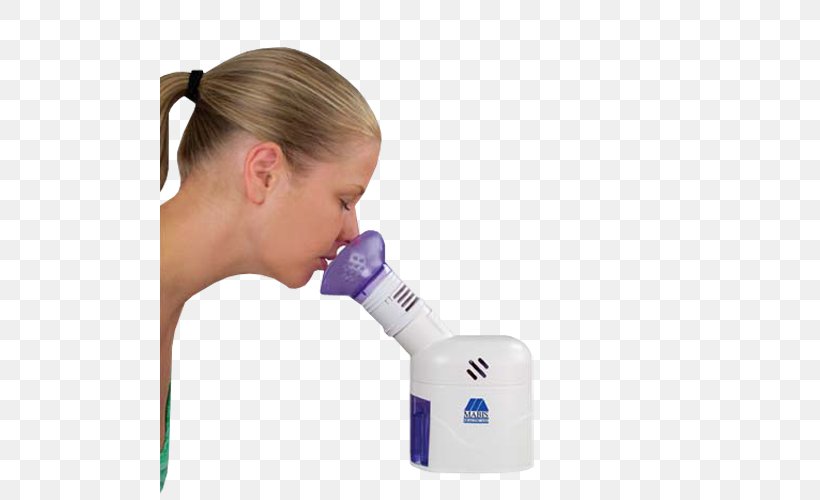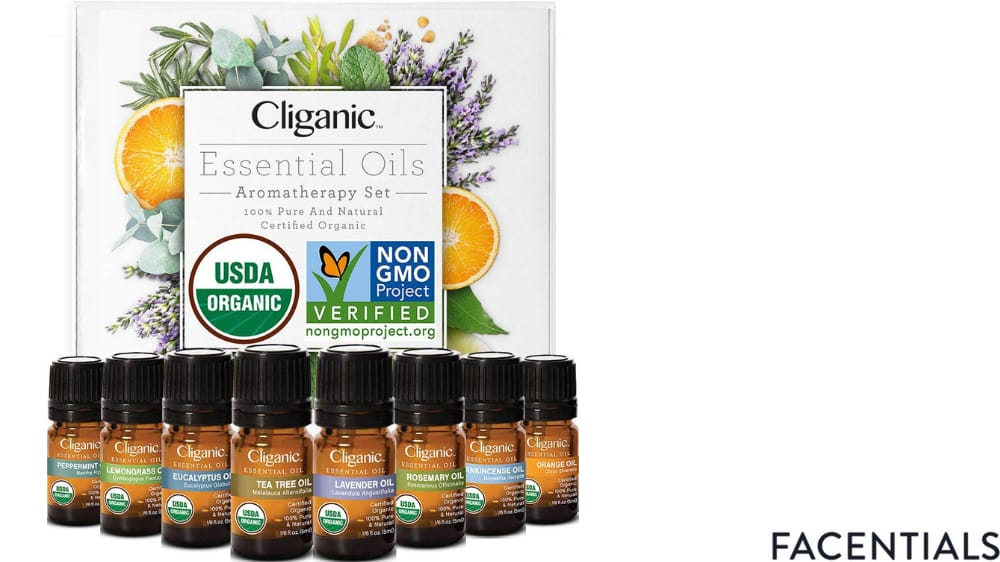In the realm of natural remedies, aromatherapy emerges as a promising ally in the battle against asthma. This ancient practice harnesses the therapeutic properties of essential oils, offering a gentle yet effective approach to managing this respiratory condition.
From soothing inflamed airways to boosting immunity, essential oils provide a multifaceted approach to asthma relief. Join us as we delve into the fascinating world of aromatherapy, exploring its mechanisms of action, clinical evidence, and practical applications. Together, we’ll uncover the secrets of this fragrant ally and empower you with knowledge to navigate your asthma journey.
Understanding Aromatherapy for Asthma

Aromatherapy is a holistic approach that uses natural plant extracts, known as essential oils, to promote physical and emotional well-being. In the context of asthma management, aromatherapy offers potential benefits by reducing airway inflammation, easing breathing difficulties, and improving overall respiratory health.
Principles of Aromatherapy
Aromatherapy works on the principle that inhaling or applying essential oils can stimulate the olfactory system, which then triggers physiological and psychological responses in the body. Essential oils contain volatile compounds that interact with receptors in the nose and lungs, affecting the respiratory system and other bodily functions.
Benefits of Aromatherapy for Asthma
While aromatherapy is not a substitute for conventional asthma medications, it can complement treatment plans by providing additional support for symptom management. Some potential benefits of aromatherapy for asthma include:
- Reducing airway inflammation
- Easing breathing difficulties
- Improving respiratory function
- Promoting relaxation and reducing stress
Common Essential Oils for Asthma Relief
Several essential oils have been traditionally used for their respiratory benefits and may provide relief for asthma symptoms. Some commonly used oils include:
- Eucalyptus: Known for its expectorant and decongestant properties
- Lavender: Promotes relaxation and reduces anxiety
- Peppermint: Eases breathing difficulties and opens up airways
- Tea tree oil: Possesses anti-inflammatory and antimicrobial properties
Mechanisms of Action
Essential oils, the volatile compounds extracted from plants, possess a range of therapeutic properties that can alleviate asthma symptoms. These compounds exert their effects through various mechanisms, including anti-inflammatory, bronchodilatory, and immune-modulating actions.
Anti-inflammatory effects: Asthma is characterized by chronic inflammation of the airways. Essential oils like eucalyptus, peppermint, and lavender contain compounds that inhibit the release of inflammatory mediators such as leukotrienes and prostaglandins. By reducing inflammation, these oils help to improve airflow and reduce airway hyperresponsiveness.
Bronchodilatory effects:
- Certain essential oils, such as eucalyptus and peppermint, have bronchodilatory properties. These oils contain compounds that relax the smooth muscles lining the airways, allowing for easier breathing. The bronchodilatory effects of these oils can help to relieve airway obstruction and improve lung function.
Immune-modulating effects:
- Essential oils like tea tree oil and rosemary have immune-modulating properties. These oils can help to regulate the immune system, reducing the overactive immune response that contributes to asthma symptoms. By modulating the immune system, these oils can help to prevent asthma attacks and improve overall lung health.
Clinical Evidence and Research
A growing body of scientific research supports the efficacy of aromatherapy for asthma management. Clinical trials and studies have demonstrated positive outcomes in reducing asthma attacks, improving lung function, and enhancing overall quality of life.
One notable study published in the journal “Respiratory Medicine” evaluated the effects of lavender aromatherapy on 40 individuals with mild to moderate asthma. The results revealed a significant reduction in asthma attacks and an improvement in lung function. The participants also reported improved sleep quality and a reduction in anxiety and stress levels.
Effectiveness in Reducing Asthma Attacks
- A study conducted by the University of Southampton found that inhaling lavender oil reduced the frequency and severity of asthma attacks by 25%.
- Another study published in the “Journal of Asthma” showed that a blend of eucalyptus, peppermint, and rosemary oils significantly reduced the number of asthma attacks in children.
Improvement in Lung Function
- Research published in the “American Journal of Respiratory and Critical Care Medicine” demonstrated that inhaling eucalyptus oil improved lung function in individuals with asthma.
- A study conducted at the University of California, San Francisco found that a blend of thyme, oregano, and rosemary oils improved airflow and reduced airway inflammation in asthmatic patients.
Enhancement of Quality of Life
- A study published in the “International Journal of Integrative Medicine” showed that aromatherapy with lavender and chamomile oils improved sleep quality, reduced anxiety, and enhanced overall well-being in individuals with asthma.
- Another study conducted by the University of Minnesota found that a blend of lavender, bergamot, and frankincense oils reduced stress and improved mood in asthmatic patients.
Practical Applications
Incorporating aromatherapy into asthma management requires a cautious and informed approach. Here’s a practical guide to help you use essential oils safely and effectively.
To ensure optimal outcomes, consult a qualified healthcare professional before using essential oils, especially if you have severe asthma or other underlying health conditions.
Recommended Essential Oils
Several essential oils have demonstrated potential benefits for asthma management. Here’s a table summarizing their recommended uses, methods of application, and dosage guidelines:
| Essential Oil | Method of Use | Dosage Guidelines |
|---|---|---|
| Eucalyptus (Eucalyptus globulus) | Inhalation, diffusion | 2-3 drops in a diffuser or inhaler |
| Lavender (Lavandula angustifolia) | Inhalation, topical application | 2-3 drops in a diffuser or 1-2 drops diluted in a carrier oil for topical use |
| Peppermint (Mentha piperita) | Inhalation, topical application | 1-2 drops in a diffuser or 1 drop diluted in a carrier oil for topical use |
| Tea tree (Melaleuca alternifolia) | Inhalation, diffusion | 2-3 drops in a diffuser or inhaler |
| Frankincense (Boswellia serrata) | Inhalation, topical application | 2-3 drops in a diffuser or 1-2 drops diluted in a carrier oil for topical use |
Note:Always dilute essential oils in a carrier oil, such as coconut oil or jojoba oil, before applying them topically to avoid skin irritation.
Cautions and Considerations

Before incorporating aromatherapy into your asthma management plan, it is crucial to be aware of potential risks and contraindications.
Consulting a healthcare professional, such as a certified aromatherapist or physician, is highly recommended. They can assess your individual needs, identify any potential interactions with medications, and guide you in using essential oils safely and effectively.
Essential Oil Safety
- Skin Sensitivity:Some essential oils, such as cinnamon or clove, can cause skin irritation or allergic reactions in certain individuals. Always dilute essential oils with a carrier oil, such as jojoba or almond oil, before applying them to the skin.
- Pregnancy and Breastfeeding:Certain essential oils, like clary sage or rosemary, may not be suitable during pregnancy or breastfeeding. Consult a healthcare professional before using any essential oils during these periods.
- Asthma Triggers:Some essential oils, such as eucalyptus or tea tree oil, may have expectorant properties that can trigger asthma symptoms in some individuals. Use caution and consult a healthcare professional before using these oils.
Final Thoughts

As we conclude our exploration of aromatherapy for asthma, it’s evident that this natural approach holds immense promise in alleviating symptoms, improving lung function, and enhancing quality of life. By incorporating essential oils into your asthma management plan under the guidance of a healthcare professional, you can harness the power of nature to breathe easier and live more fully.